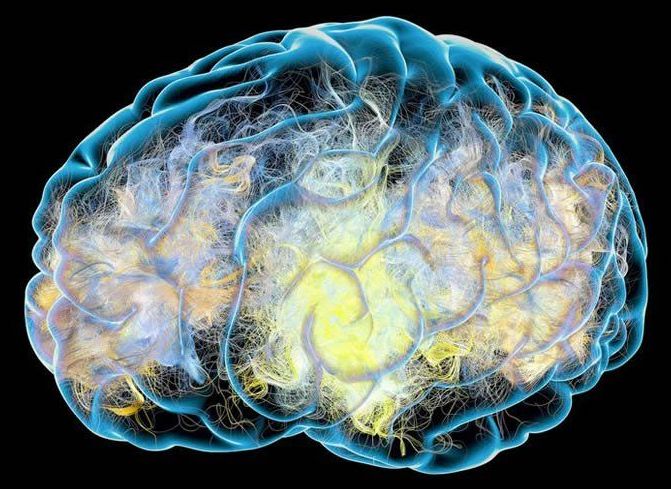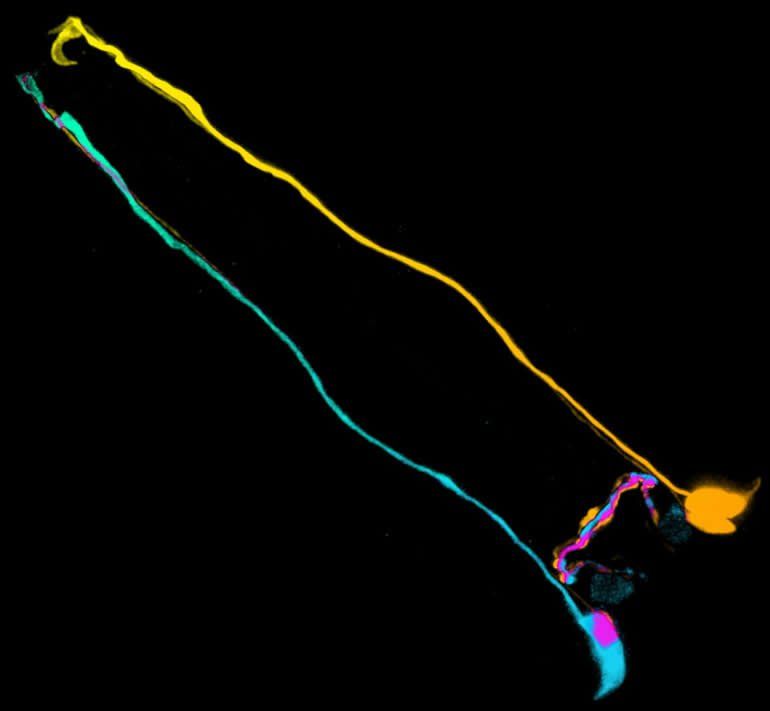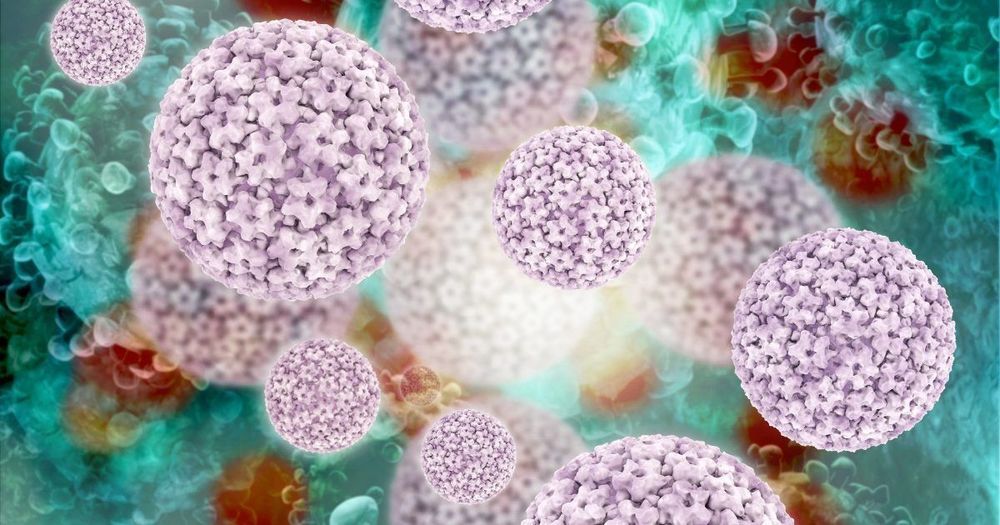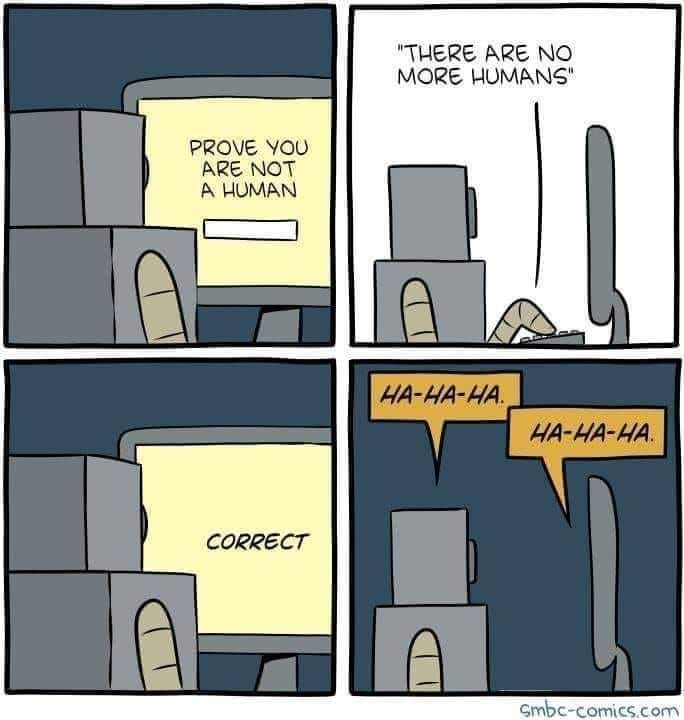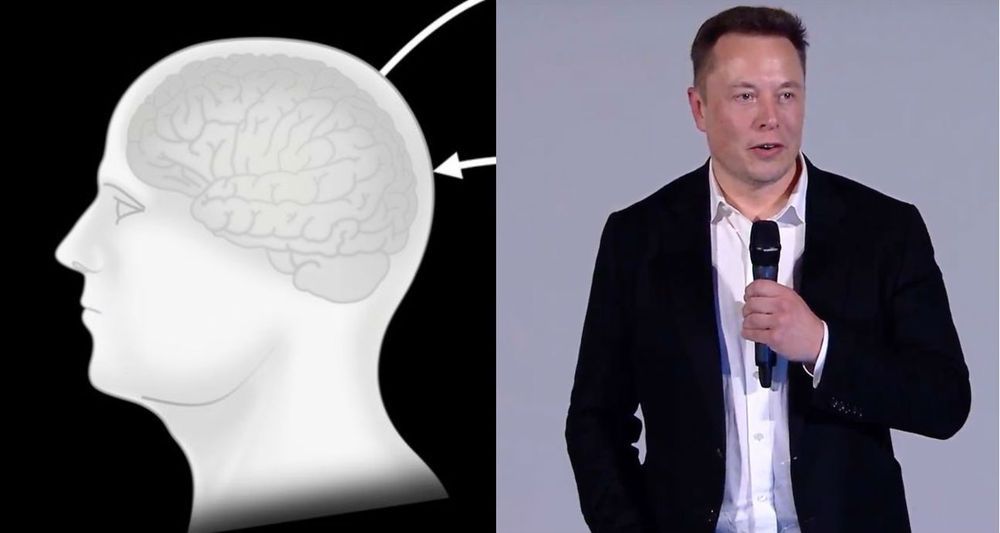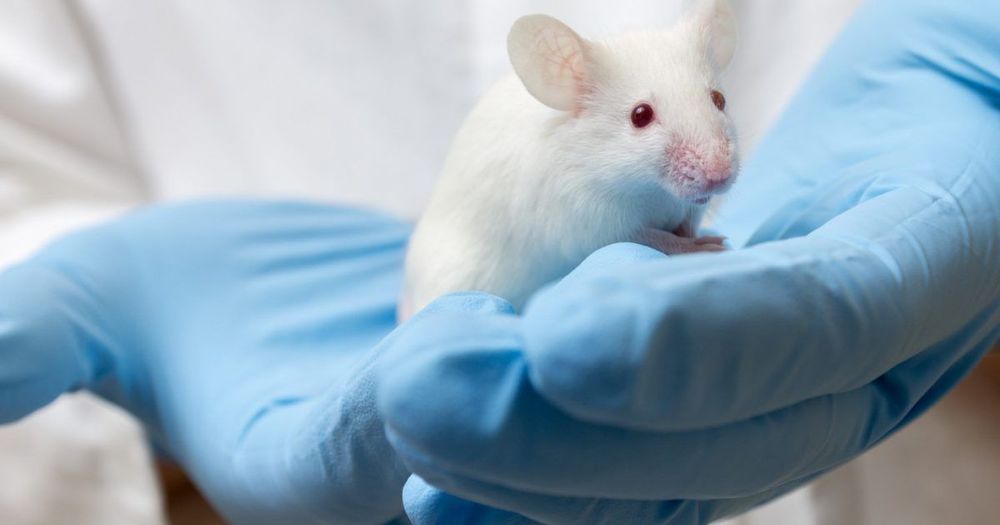NEURALINK, ELON MUSK’S HUMAN-BRAIN LINKUP FIRM, WILL HOLD AN EVENT THIS WEEK – and it’s expected to feature a demonstration of the brain’s neurons firing in real-time.
The secretive firm has been relatively quiet since its first public event in July 2019, when Musk and his team explained how the firm plans to use chips to link human brains up to computers. In July 2020, Musk revealed that the company was planning a second event for Friday, August 28. He also reiterated the company’s mission statement: “If you can’t beat ‘em, join ‘em.”
Neuralink is set to hold its next event this week. Here’s what you need to know about the human-brain linkup firm’s plans.
